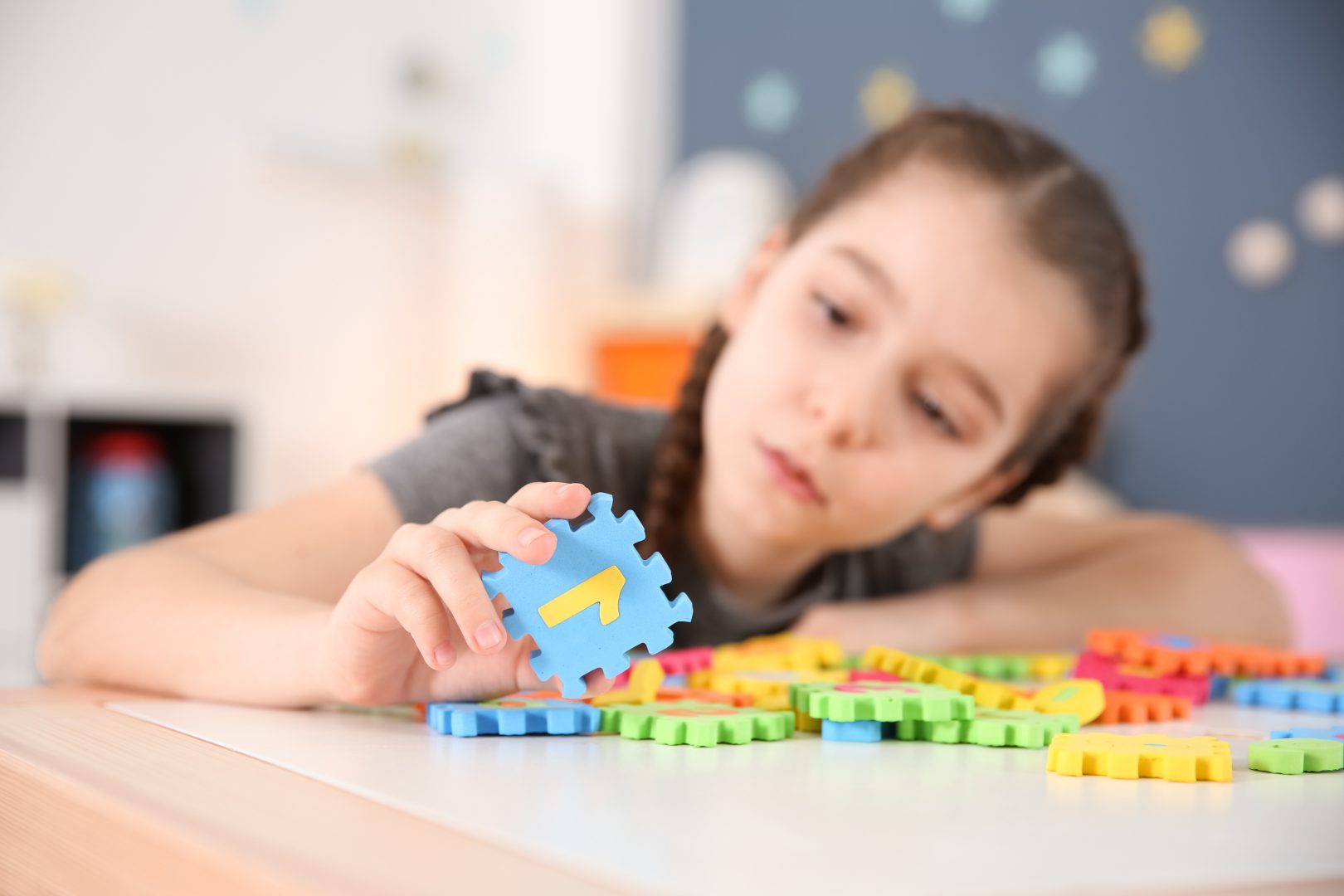Raising a Child with Autism: You’re Not Alone
April is National Autism Awareness Month
We all know the challenges of parenting. But when your child has a physical or developmental condition, the responsibilities and stress intensify.
According to the U.S. Department of Education and other governmental agencies, autism is growing at a startling rate of 10-17 percent per year. At this rate, the Autism Society estimates that the prevalence of autism could reach 4 million Americans in the next decade.
Autism is a complex, lifelong developmental disability that usually appears during early childhood and can impact a person’s social skills, communication and relationships. The condition has a certain set of behaviors that affects people differently. There is no known single cause of autism. Early diagnosis helps a person receive the support and services that they need, which can lead to an improved quality of life.
Some of the signs include:
- Being non-verbal or having unusual speech patterns
- Having difficulty understanding non-verbal communication
- Difficulty making and keeping friends
- Trouble with back-and-forth conversation
- Having trouble accepting change

“A day in the life of a caregiver of a child with autism spectrum disorder can include many challenges and stressors,” explains Jennifer Kugler, LPC, ACS, Senior Program Director, Child Behavioral Health Services, Acenda. “Parents have to deal with doctor’s appointments, challenges with school, or dealing with an unexpected tantrum in public. At the end of the day, they may even be discouraged to find that their child is unable to sleep, preventing them from getting the rest they need.”
Research has shown that parents who engage their support systems and actively solve problems, including their own mental and physical ones, will have less stress than those who disengage or cope in unhealthy ways.
“Parents of a child with autism should consider attending a support group to help with coping mechanisms and gain support from other parents who understand what they are managing in caring for their child,” adds Kugler. “This helps parents get much needed support, such as advice on behavioral problems and resources they can utilize. They can even express their emotional stress in these groups. It is important to recognize that you do not have to take it all on alone. When parents get outside supports for themselves, they are better able to support their children through any challenge they may face.”
Acenda hosts an Autism Social Skills Group for children and teens to learn about improving communications skills and forming friendships. Call 1-844-ACENDA for more information.
Sources:
Autism Society
Autism Speaks